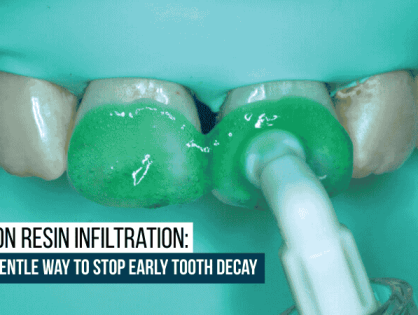Decision-making for appropriate Dental Braces is not just an extraordinary one; it is an extremely difficult one. Currently, there are many options available for the customer. The debate will be set between clear aligner braces and traditional braces.
So, which one will work for you? The good, the bad, and the ugly of each need to be considered.
What Are Dental Braces?
Dental braces act as one of the devices to realign the teeth. Crooked teeth, malocclusion, and gaps are the things that braces will restore and repair. Thus, simultaneously, this improves in appearance, and it also takes care of oral health.
For example, there are two major categories:
Traditional Braces are made from wires and metal. But aligner braces are transparent.
Clear Aligner Braces: The Good and the Bad
There are also a lot of reasons to love a clear aligner. The very first is that it is truly modern, truly invisible when worn, and truly removable.
- Advantages:
They are clear and difficult to see, just right for an adult or a teenager. Also, remove them while eating or brushing. Without their wires or brackets, they do not irritate the mouth. Most of the adjustments are carried out at home. So fewer in-office touch-ups are necessary.
- Disadvantages:
Best results come from 20–22 hours per day of wear. Also, your dentist may still suggest traditional braces. So, these are more costly.
Traditional Dental Braces – Still Effective Today
The older types of braces have become very useful and are still widely applied today.
- Advantages:
Great for extreme crowding or bite problems. Also, you cannot throw these. So, usually lower than clear aligners.
- Disadvantages:
Metal wires and categories are notable. Also, brushing and flossing take more effort. So, avoid hard and adhesive meals to avoid damage.
Key Differences: Clear Aligner Braces vs Traditional Braces
Here is a fast breakdown of clear aligner braces vs traditional braces:
- Visibility: Clear aligners are hidden; metal braces are not.
- Comfort: Aligners offer more comfort.
- Cleaning: Aligners are easier to clean.
- Compliance: Dental Braces work all day.
- Suitability: Braces treat complex cases better.
- Cost: Braces usually cost less.
The Role of Dental Care in Choosing Braces
Good dental care supports some therapy choices. Keep these points in mind:
Visit your dentist for help and progress checks. Also, clean teeth help both braces and aligners work completely. Only a dentist can advise the best choice for your needs. Also, follow care directions for the best results.
Braces That Fit You—Not Just Your Teeth
Both Dental Braces offer great results. But your way of life, needs, and dental care routine matter. When analyzing clear aligner braces vs common braces, consider comfort, cost, and commitment. Still insecure? Talk to your dentist for expert advice. A positive smile is forever worth the choice!




